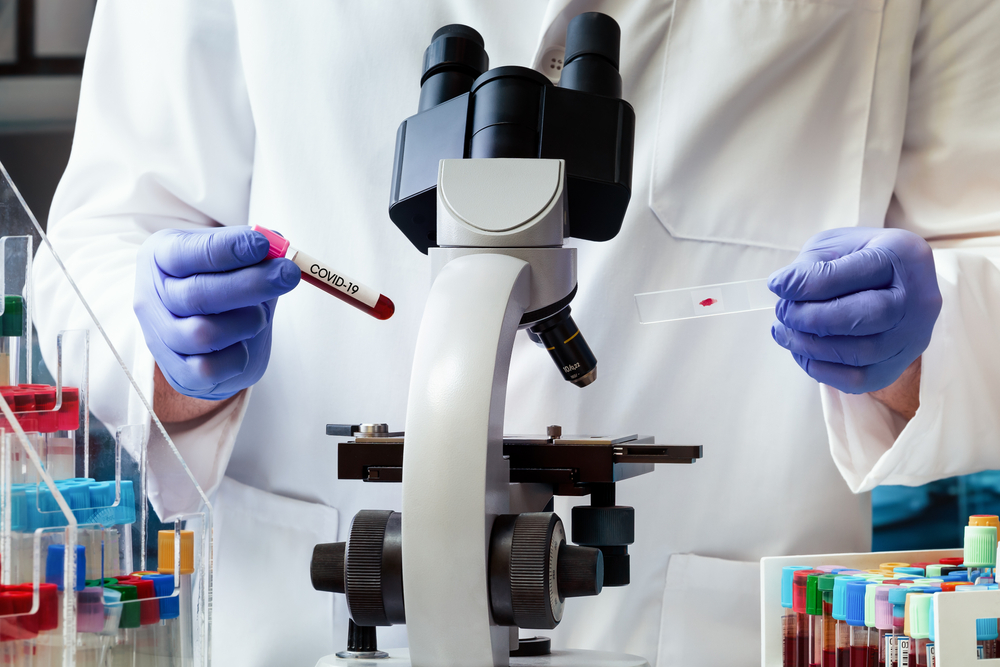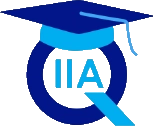
What is ISO 15189: A Guide
Written by: UK NEQAS IIA, published on: 26 Nov 2024

Accreditation to an ISO standard serves as formal recognition that a testing laboratory or other organisation meets internationally recognised standards for competence and impartiality.
Achieving ISO accreditation assures customers, regulators, and other stakeholders that the organisation operates with expertise, fairness, and adherence to established standards.
At UK NEQAS IIA, our mission is to support medical laboratories in attaining and sustaining ISO 15189 accreditation. We achieve this through our ISO 17043* accredited EQA schemes, which are designed to ensure excellence and compliance with international standards. Keep reading to learn more about ISO 15189, and how it can benefit laboratories.
What are the ISO 15189 Standards?
ISO 15189 is a globally recognised quality standard for the competence of medical laboratories. Unlike ISO 17025, which applies to general testing and calibration laboratories, ISO 15189 addresses the distinct needs and requirements of medical laboratories.
It outlines the requirements that should be adhered to for quality management and technical procedures, and is designed to ensure high quality of laboratory testing for patient samples. Although the ISO 15189 is not essential for laboratories, it is highly recommended.
Why is it Important for Laboratories?
The ISO 15189 standard is important because it provides detailed guidance for establishing and maintaining a quality management system. This ensures laboratories consistently produce accurate and reliable patient results.
In addition, ISO 15189 helps standardise the quality of medical laboratory services globally, ensuring that laboratories adhere to the same high standards of quality across different countries.
What are the Benefits of Having ISO 15189 Accreditation?
Reducing Risk
ISO 15189 simplifies the identification of potential risks, enabling medical labs to proactively plan and implement preventive actions for enhanced quality and safety.
Improved Efficiency
ISO 15189 allows medical labs to streamline processes, which can help build efficiency and productivity.
Customer Satisfaction
Laboratories will enhance service quality and deliver more accurate results, leading to optimal patient care.
Better Quality Management
The standard requires laboratories to establish a robust and reliable quality management system (QMS) to demonstrate their competence, enabling medical labs to quickly identify errors and implement corrective actions efficiently, minimising impact on patient care.
International Recognition
With ISO 15189’s international recognition, institutions worldwide can trust the quality and reliability of the laboratory practices.
Saves Money and Time
Implementing more efficient practices can help avoid expensive mistakes as well as saving time trying to rectify them.
Advantages Over Competitors
Achieving ISO 15189 accreditation gives laboratories an edge above their competitors by showcasing commitment to quality and reliability in laboratory practices.
How Do You Get an ISO 15189 Certification?
The application process is typically conducted online. In the UK, ISO 15189 accreditation is awarded by the United Kingdom Accreditation Service (UKAS). Globally, other accrediting bodies include the International Accreditation Service (IAS) and the College of American Pathologists (CAP).
After submitting your application, a pre-assessment will be conducted by UKAS (or other relevant body). During this stage, your processes will be reviewed, and any issues that need to be resolved before proceeding to the full assessment will be identified. This step helps ensure your readiness and addresses potential gaps early in the accreditation process, and is sometimes referred to as the ‘audit gap analysis’.
Following this, you will undergo a formal audit conducted by experts in the field to evaluate your compliance with the criteria of ISO 15189. This thorough evaluation ensures all standards are met. The certification process typically takes between 3 and 6 months to complete.
Maintaining an ISO 15189 Certification
After achieving accreditation, you will enter a surveillance period. During this time, UKAS will conduct annual reviews of your processes to ensure ongoing compliance with ISO 15189 standards. These regular check-ins help maintain the integrity of your accreditation and ensure that high standards are consistently upheld.
Discover How UK NEQAS IIA Can Help With Your Accreditation
We’ve explored what ISO 15189 is, and how it can benefit laboratories. At UK NEQAS IIA, we offer expert guidance and support to help laboratories achieve and maintain the highest standards of quality, reliability, and trustworthiness. Contact us today for more information, and visit our Digital Academy to access a range of educational resources.

